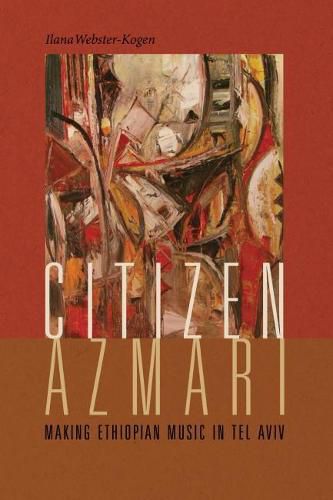Readings Newsletter
Become a Readings Member to make your shopping experience even easier.
Sign in or sign up for free!
You’re not far away from qualifying for FREE standard shipping within Australia
You’ve qualified for FREE standard shipping within Australia
The cart is loading…






In the thirty years since their immigration from Ethiopia to the State of Israel, Ethiopian-Israelis have put music at the center of communal and public life, using it alternatingly as a mechanism of protest and as appeal for integration. Ethiopian music develops in quiet corners of urban Israel as the most prominent advocate for equality, and the Israeli-born generation is creating new musical styles that negotiate the terms of blackness outside of Africa. For the first time, this book examines in detail those new genres of Ethiopian-Israeli music, including Ethiopian-Israeli hip-hop, Ethio-soul performed across Europe, and eskesta dance projects at the center of national festivals. This book argues that in a climate where Ethiopian-Israelis fight for recognition of their contribution to society, musical style often takes the place of political speech, and musicians take on outsize roles as cultural critics. From their perch in Tel Aviv, Ethiopian-Israeli musicians use musical style to critique a social hierarchy that affects life for everyone in Israel/Palestine.
$9.00 standard shipping within Australia
FREE standard shipping within Australia for orders over $100.00
Express & International shipping calculated at checkout
In the thirty years since their immigration from Ethiopia to the State of Israel, Ethiopian-Israelis have put music at the center of communal and public life, using it alternatingly as a mechanism of protest and as appeal for integration. Ethiopian music develops in quiet corners of urban Israel as the most prominent advocate for equality, and the Israeli-born generation is creating new musical styles that negotiate the terms of blackness outside of Africa. For the first time, this book examines in detail those new genres of Ethiopian-Israeli music, including Ethiopian-Israeli hip-hop, Ethio-soul performed across Europe, and eskesta dance projects at the center of national festivals. This book argues that in a climate where Ethiopian-Israelis fight for recognition of their contribution to society, musical style often takes the place of political speech, and musicians take on outsize roles as cultural critics. From their perch in Tel Aviv, Ethiopian-Israeli musicians use musical style to critique a social hierarchy that affects life for everyone in Israel/Palestine.